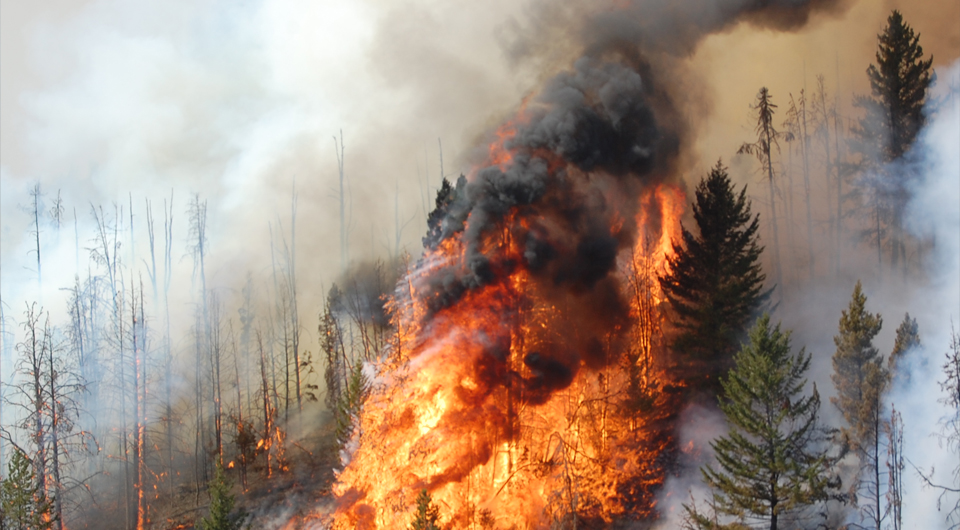British Columbians are living the catastrophic effects of extreme weather driven by climate change. After last year’s historic flood and fire disasters, the folks in the Canadian province of British Columbia are hoping for more climate resilience in the face of wildfires, flooding and extreme heat as a result of an $870 million infusion from the federal government.
On July 18, 2022, in partnership with the province of British Columbia and Indigenous communities, the Government of Canada made historic investments to keep people safe when disaster hits, and ensure communities are built to cope with extreme weather.
Following the fifth and final meeting of the Committee of British Columbia and Federal Ministers on Disaster Response and Climate Resilience, Bill Blair, President of the Queen’s Privy Council for Canada and Minister of Emergency Preparedness, announced advance payments of over $870 million to the Government of British Columbia through the Disaster Financial Assistance Arrangements (DFAA) to support flood, landslide and storm recovery efforts in the province. This is in addition to the $207 million in support for wildfire recovery efforts that was announced in June.
“Climate change is threatening communities across Canada, and we need to keep our partnerships strong as we prepare for and work to prevent natural disasters and extreme weather events. The progress this Committee has made and the collaboration between federal and provincial Ministers and Indigenous leaders has resulted in a coordinated recovery and rebuilding effort in communities across British Columbia. We will continue to build on the important work of the past sevens months as we strengthen our shared emergency response systems,” said Bill Blair.
The Committee, co-chaired by Minister Blair and Minister Mike Farnworth, British Columbia’s Deputy Premier and Minister of Public Safety and Solicitor General, discussed the important progress that has been made to-date.
Recognizing the disproportionate impact that natural disasters have on Indigenous communities, the Committee’s work was enhanced by the contributions of the First Nations Leadership Council and the valuable discussions about the importance of incorporating traditional knowledge into emergency management. This knowledge is critical to Canada’s emergency response and readiness framework, and will continue to be central to informing this work moving forward.
“British Columbia was hit hard last year by multiple devastating disasters, affecting thousands of people across our province. It’s clear we need to continue working together to increase resilience in the face of climate change, and I’m grateful for this collaboration with federal and Indigenous leaders. We’re thankful for the federal government’s support, which will allow us to rebuild damaged infrastructure, and continue supporting people and communities as they recover from wildfires, flooding and landslides,” explained Mike Farnworth.
In addition to the DFAA payments, the governments of Canada and British Columbia and the First Nations Leadership Council are working to build a trilateral agreement on emergency management. This agreement will strengthen First Nations’ capacity to respond to and recover from future climate-related disasters.
The federal government is committed to supporting Canadians whose lives are affected by emergencies, helping communities prepare for the realities of increased climate-related risks and disasters, and, ultimately, increasing our resiliency.
Photo courtesy of the Government of British Columbia.

